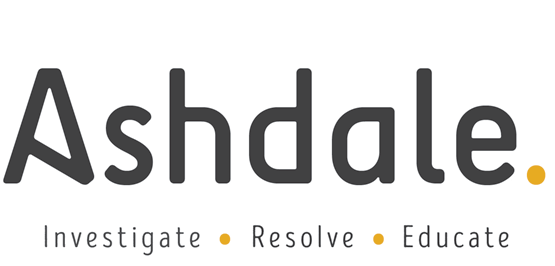
16 Apr FAQ – What happens at the interview?
Before attending the interview you will be asked if you want a support person to attend with you. This is someone that you trust and feel comfortable with – colleague, supervisor, family member or friend, Union or legal representative. A support person must not be part of the investigation ie. someone who is likely to be interviewed.
- The Investigator will introduce themselves before starting the digital voice recorder.
- After the digital recorder is turned on, the Investigator will read out some formalities about the investigation process. This includes;
- The general nature of the allegations (or specific allegations for the subject officer/respondent interview);
- The name of the person who authorized the investigation;
- Who will receive the written report (the decision-maker); and
- You will be asked if you want a copy of the recording of the interview
- The Investigator will ask about your work history (if relevant) and how you know some of the stakeholders.
What if I am emotional at the interview?
The Investigator will ask if you want to take a break. Or you can always ask for a break yourself during the interview if you find yourself getting upset. The Investigator will pause the recorder and restart when you’re more composed.
Why are interviews recorded?
Ashdale conduct their investigations around guidelines written in the Crime and Corruption Commission’s publication called Corruption in Focus. It states that electronically recording an interview is the most reliable way of ensuring accuracy.
Are people interviewed in a particular order?
Interviews are generally conducted with the complainant first, then witnesses and finally the subject officer/respondent. This is not always the case and can vary depending on the availability of interviewees. Sometimes, counter allegations are made and this results in further interviews being held.
Not everyone is told about their respective interviews at the same time.
What happens if I remember something after the interview?
If you think of important information after the interview, contact the Investigator and they will probably ask you to either provide the information via email or in a telephone interview.
What happens after the interview?
The information you provide to the Investigator may lead to further interviews being conducted – this can occur at any stage, even after the subject officer/respondent interview.
Who can I talk to about the investigation?
It is extremely important that you do not discuss your version of events or the process with anyone else. Confidentiality is extremely important especially when the information is sensitive and could be damaging to others.
If you have to talk to someone, contact the liaison person or the person managing the complaint / investigation. Do not talk to anyone else who is likely to be involved in the investigation.


